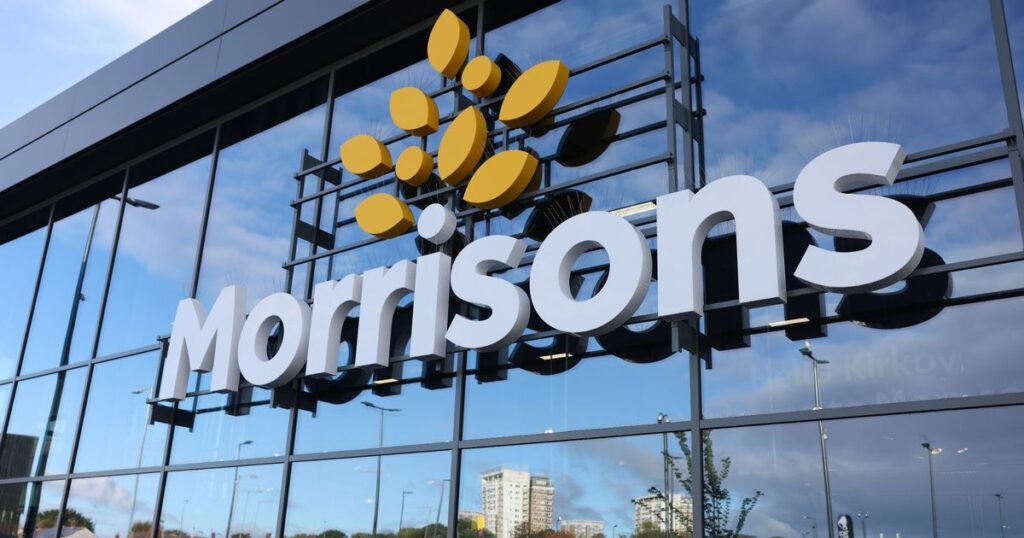A notable retail chain secures £331m through a significant sale-and-leaseback property transaction. This strategic move aims to address the company’s substantial debt burden, enhancing financial stability.
The transaction, set to be finalised by October 2, involves 76 store sites and reflects the ongoing efforts to optimise financial performance. The identity of the purchasing entity remains undisclosed, although speculation points towards Song Capital.
The retail chain has negotiated a £331m sale-and-leaseback deal involving 76 of its store sites. This financial manoeuvre is part of a broader strategy to alleviate the company’s considerable debt levels.
The deal is anticipated to conclude by October 2, marking a significant step towards debt reduction. The identity of the purchasing entity has not been officially confirmed, with reports suggesting that real estate investor Song Capital is involved.
The agreement aligns with the company’s initiative to manage its debt, previously highlighted by a reported £4bn burden. This is a marked improvement from a peak of £6.2bn, reflecting continuous efforts to streamline finances.
The retailer recently engaged in another significant transaction, selling its petrol station business for £2.5bn. These efforts underscore a comprehensive approach to financial restructuring and debt management.
The retailer, acquired by US private equity firm Clayton, Dubilier & Rice in 2022 for £7bn, stands as the fifth-largest supermarket chain in the United Kingdom. This acquisition is part of a series of strategic moves designed to enhance operational efficiency and financial performance.
With a history of substantial market presence, the retail chain’s efforts to reduce debt and implement cost-saving measures aim to solidify its market position amidst competitive pressures.
Reducing the debt burden through strategic property deals can enhance the company’s financial health, potentially leading to more robust market performance. Stakeholders may view these moves as positive steps towards long-term stability.
The refinancing actions are critical as they may influence investor confidence and market sentiment, reflecting the company’s proactive stance on financial management.
The retail chain has been actively pursuing cost-cutting measures under new leadership, targeting operational efficiencies to further alleviate its financial challenges.
These adjustments are part of a broader strategy to enhance profitability while maintaining market competitiveness. The sale-and-leaseback deal is a pivotal element in this comprehensive plan.
The retail chain’s ongoing efforts to manage debt and streamline operations signal a forward-looking approach to financial health and market positioning.
Successful implementation of these strategies is essential for achieving long-term growth and sustaining competitive advantage in the retail sector.
The strategic £331m sale-and-leaseback deal represents a crucial step in the retailer’s ongoing efforts to manage debt and enhance financial stability.
By focusing on reducing debt and optimising operations, the company is positioning itself for sustainable growth and improved market performance.


